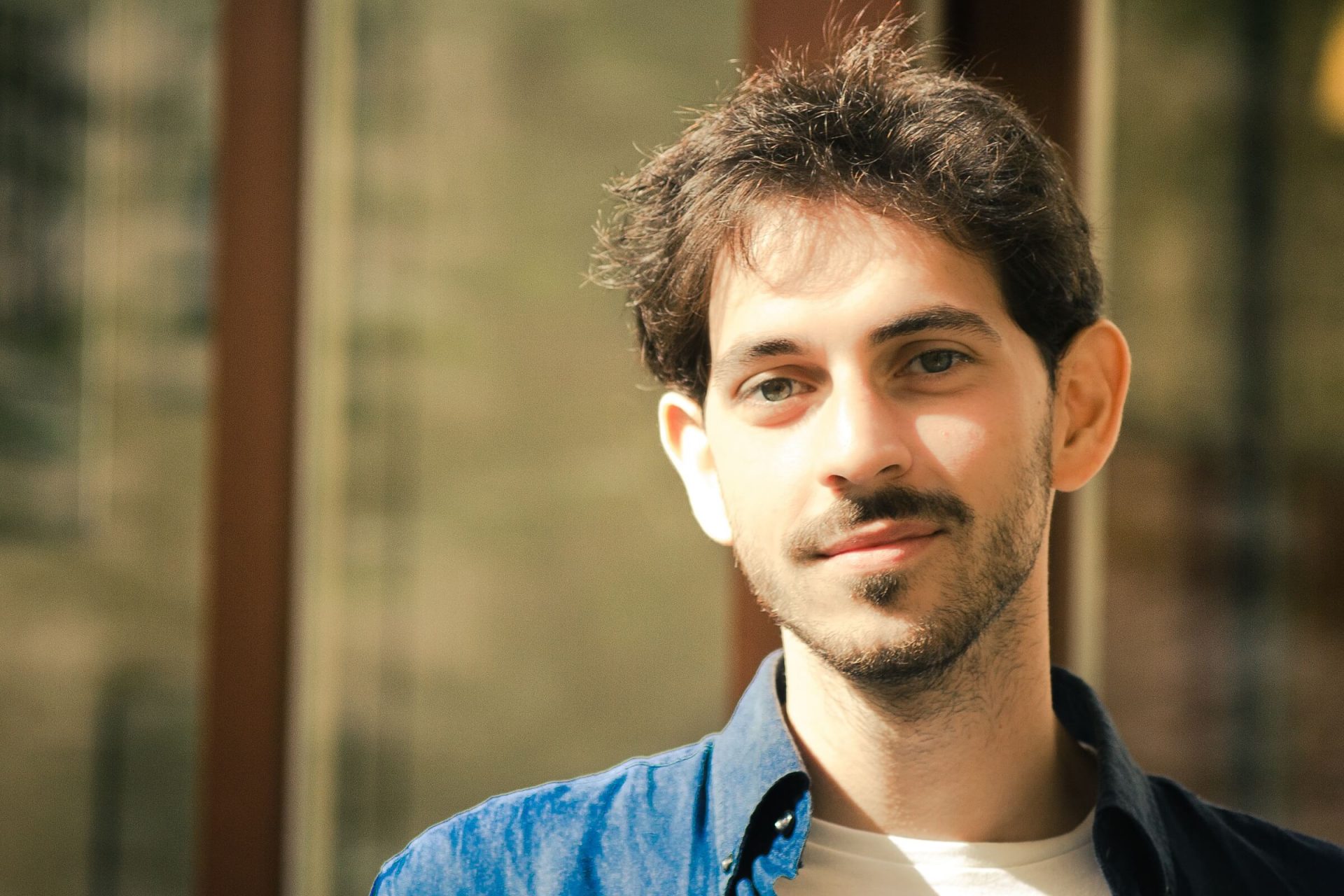
Giuseppe Tateo
Max Planck Institute for Social Anthropology, Halle, Germany
-
- Research topic:
- City of Crosses: Bucharest’s Re-Consecration after 1990.
- Period:
- September 2017

Max Planck Institute for Social Anthropology, Halle, Germany
Giuseppe Tateo is a PhD candidate at the Max Planck Institute for Social Anthropology, Halle, Germany. During his formation as sociocultural anthropologist at the University of Turin he has been dedicating himself to urban ethnographies in post-socialist and post-soviet cities. He conducted two short-term field works: first in Northern Romania exploring local interdenominational conflicts and two years later in Moldova, focusing on the new "Western-oriented" side of the capital.
While in Lviv, Giuseppe worked at his doctoral dissertation, which deals with the growing presence of religious signifiers in the Bucharest city scape after 1990. This process of re-signification of the space in the post-socialist Bucharest develops in material and immaterial ways: by planting crosses in specific places, erecting new churches and cathedrals as well as by thronging the streets of the capital during processions and pilgrimages. Adopting a comparative perspective, the bibliographic material offered by the Lviv Urban Center can offer precious data about the comeback of religion in Lviv’s urban space and in Ukraine at large. Moreover, Lviv’s religious composition also represents an intriguing parallel with the Romanian case, especially for what concerns the role played by Greek Catholicism during and after communist rule. In fact, at the moment the Greek Catholic Church is the only denomination beyond the Orthodox Church to build a cathedral in the country: the "Martyrs and Confessors of the XX century" cathedral is today close to be finalized in Cluj. Transylvanian cities have become a sort of an inter-denominational battleground: it is not by chance that one of the biggest Orthodox cathedral currently in the country is the one that has been freshly inaugurated in Baia Mare (northern Transylvania) in 2016.